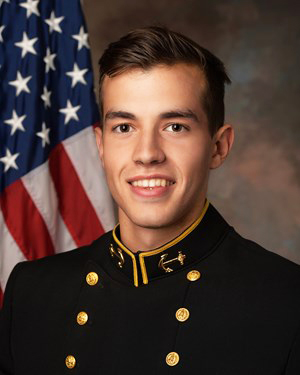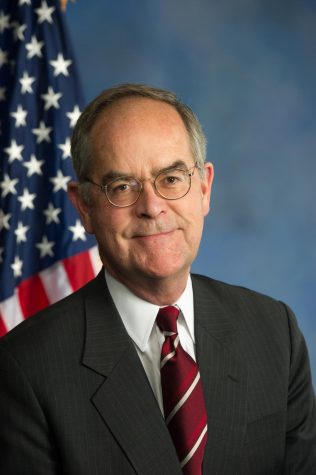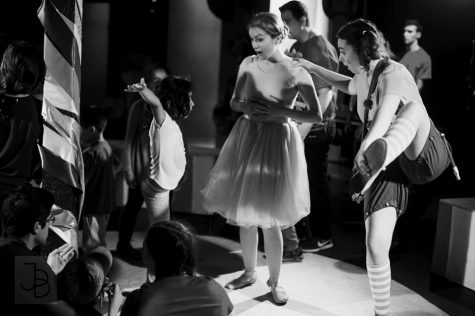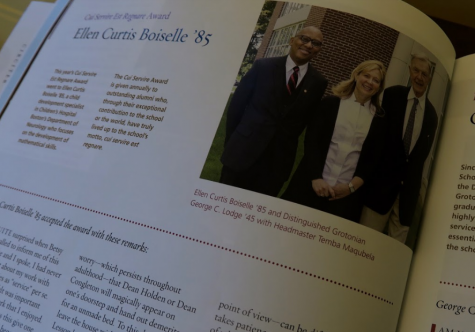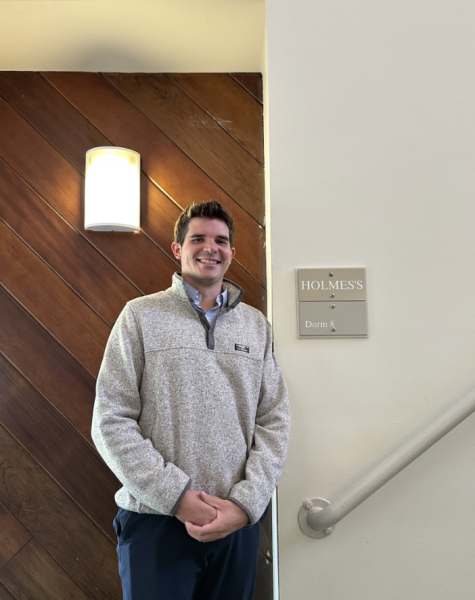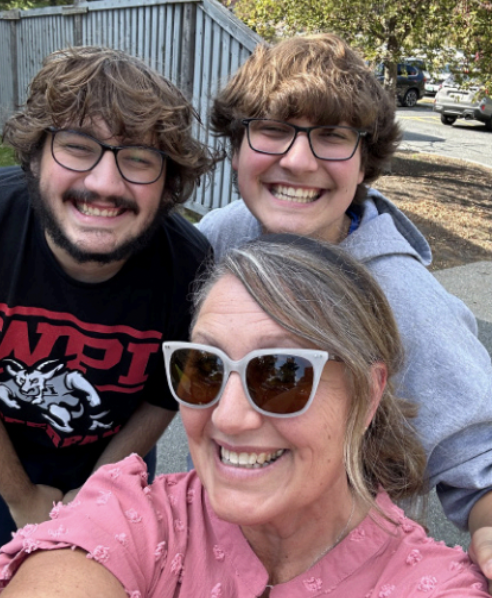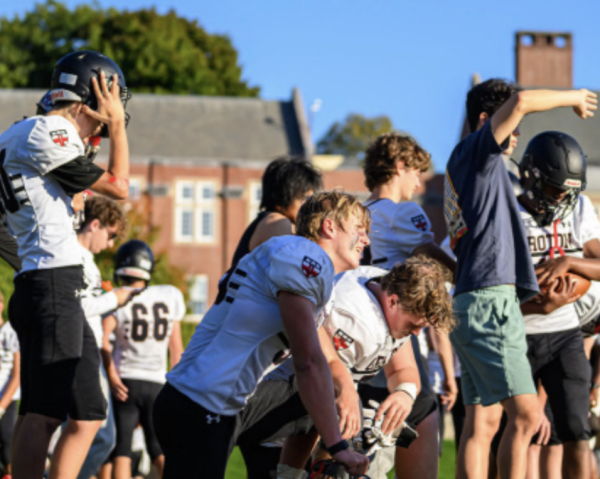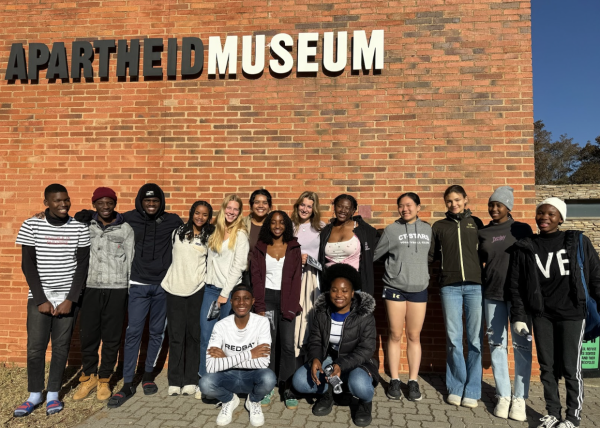A Survivor and Soldier: Luka Bakic ’15
Luka Bakic, a current Ensign in the US Navy and Groton graduate of 2015, bears a unique, war-ridden history. Born in the late 1990s in Belgrade, Serbia, Luka and his family were caught in the Kosovo War (1998-99). The Bakics eventually fled the city once the NATO began bombing Serbia in 1999 to end Serbian-led ethnic cleansing against Kosovo Albanians.
Both wars were a result of the breakup of Yugoslavia, the communist country that faced a series of political clashes. As Yugoslavia was separated into six regions (Bosnia and Herzegovina, Croatia, Montenegro, Serbia, Slovenia, Macedonia), the rise of nationalism, particularly among Serbians, led to ethnic conflict.
In the late nineties, Muslim Albanians in Kosovo clashed with the predominantly Orthodox Serbians. Tensions escalated when the Albanian population eclipsed that of the Serbians, erupting into the Kosovo War.
Albanians formed a rebel group, the Kosovo Liberation Army (KLA), to combat the Federal Republic of Yugoslavia (Serbia and Montenegro.) After multiple skirmishes, the Serbian paramilitaries and forces lead a campaign directed at Kosovan Albanians, massacring thousands of civilians.
After a failed attempt at a diplomatic solution with the Serbians, NATO bombed Kosovo, deeming it a “humanitarian war.” The Kosovan war came to an end after the Kumanovo Treaty, which ordered Yugoslav and Serbian forces to withdraw from Kosovo.
What do you remember about the conflicts that wracked Serbia during your childhood? What stays with you from that time?
During the time of the NATO bombings (March to June 1999 in the Kosovo War), my family and I evacuated to the outskirts of Belgrade. A lot of the sounds and smells stick with me since I was pretty young at the time, like the sounds of sirens that would warn the planes were coming overhead or the smell of the fires. Those will definitely stick with me.
My family and I were in our home overlooking a bad night of bombings. It seemed like everything around us was on fire. Then we saw this Tomahawk missile approaching the house, and we thought that it was the end for us. But, as it was some distance away, it corrected course and hit its target behind the hill where we lived. It was the most memorable for me because it was within visual distance, so it’s one of those pictures in your head you can’t forget.
Did your near brush with death change you in any way?
I’d definitely say so. Specifically, with my profession in the military, it gave me a sense of what the cost of war is and the gravity of military service. What gives legitimacy to what we do is based on my ability to do my job right and execute it in the proper way. It can be the defense between a life needlessly lost versus one saved. I had the opportunity to meet the gentleman who was actually launching those Tomahawks from Italy. He apologized to me, but I thanked him. He is the reason I’m alive today because he did his job properly that day. It definitely keeps me grounded and aware of what it means to be professionally armed.
Do you feel any conflict serving in the Navy, given your experience of being in a war fueled by the American armed forces?
I strongly believe in what the USA has done as a country since World War II, ushering an era of unprecedented prosperity in human history. I was obviously the recipient of the pointy end of the spear when I was younger. I was in the bombing, but due to the professionalism of the military and its focus on value and ethics, I wasn’t a casualty of war. I survived. I then had the opportunity to come to the US, where I was given the best education possible, and it changed the trajectory of my life to one where I could serve in the American military. Who knows what would have happened if I didn’t make it to the United States?
Where do you imagine yourself to be in the next ten years?
I see myself in the service. I can tell you I’ll be in a submarine, and I’ll be doing whatever mission the submarine is doing. One mission I find interesting is strategic deterrence. A lot of countries stockpiled lots of nuclear weapons after the Cold War, specifically with the submarine force. We have the ability to deter aggression with our Ohio-class submarines, which are able to go undetected and release payloads. By virtue of how we are able to maintain these assets in complete hiding, we are able to maintain world peace because of how powerful that deterrence is. So, I see myself contributing to that mission of deterrence, and doing my duty as the commander in chief of my submarine.
What values did Groton instill in you that you still carry with you today?
I would say that the main thing is this idea of service. This idea that is even in the motto — this notion that the only way to realize the greatest sense of self-worth is to serve others and be in the service of others. I definitely took that to heart. Somebody who had graduated in the form of 2011 came and gave a speech during my junior year, and he talked about the importance of service and what it meant to him. He gave examples from the chapel itself: how it is engraved with the names of people who had made the ultimate sacrifice. There is no shortage of inspiration that can be found all over the Schoolhouse and all over the chapel of heroes who paid the ultimate price. The idea of service and following in the footsteps of giants has definitely stuck with me.
What piece of advice can you give to current Grotonians?
This is a very unique time of your lives. This is an opportunity of self-improvement, and you have to take opportunities, read amazing literature, engage with classmates and have stimulating conversations because these are very hard to come by. Only after you graduate from college do you realize its importance.
Extra:
What are some of your favorite memories from attending Groton?
Well, you know, it’s kind of a funny thing. While you are in the grind and stressing out about college admissions, some of the negatives can be magnified. But looking back, you only remember the positive things. The college process was stressful, but sometimes we would let our energy and frustration out by going out on the Circle, walking around and just enjoying each other’s company.
In the midst of a particularly stressful period, about four or five of my friends and I were in the library when we got into this heated debate about what was going on in a book we were reading. There was a point in the discussion where we came to a revelation about what was really going on in the book and what it meant to us. It sounds kind of dirty to describe it this way, but we had a special kind of energy because we had just had a three-hour-long discussion without getting any homework done. But I would do it over again. That is a pretty big snapshot back in time for me.


